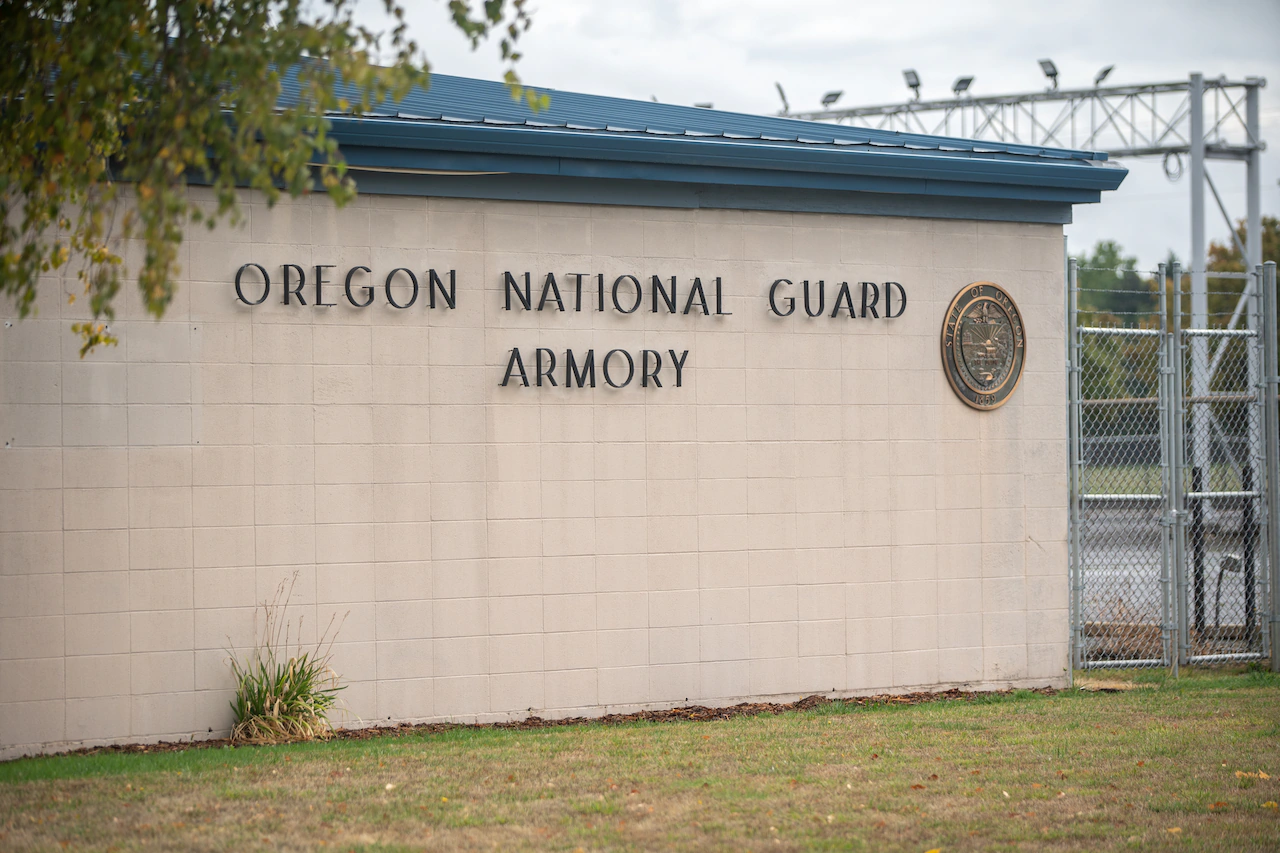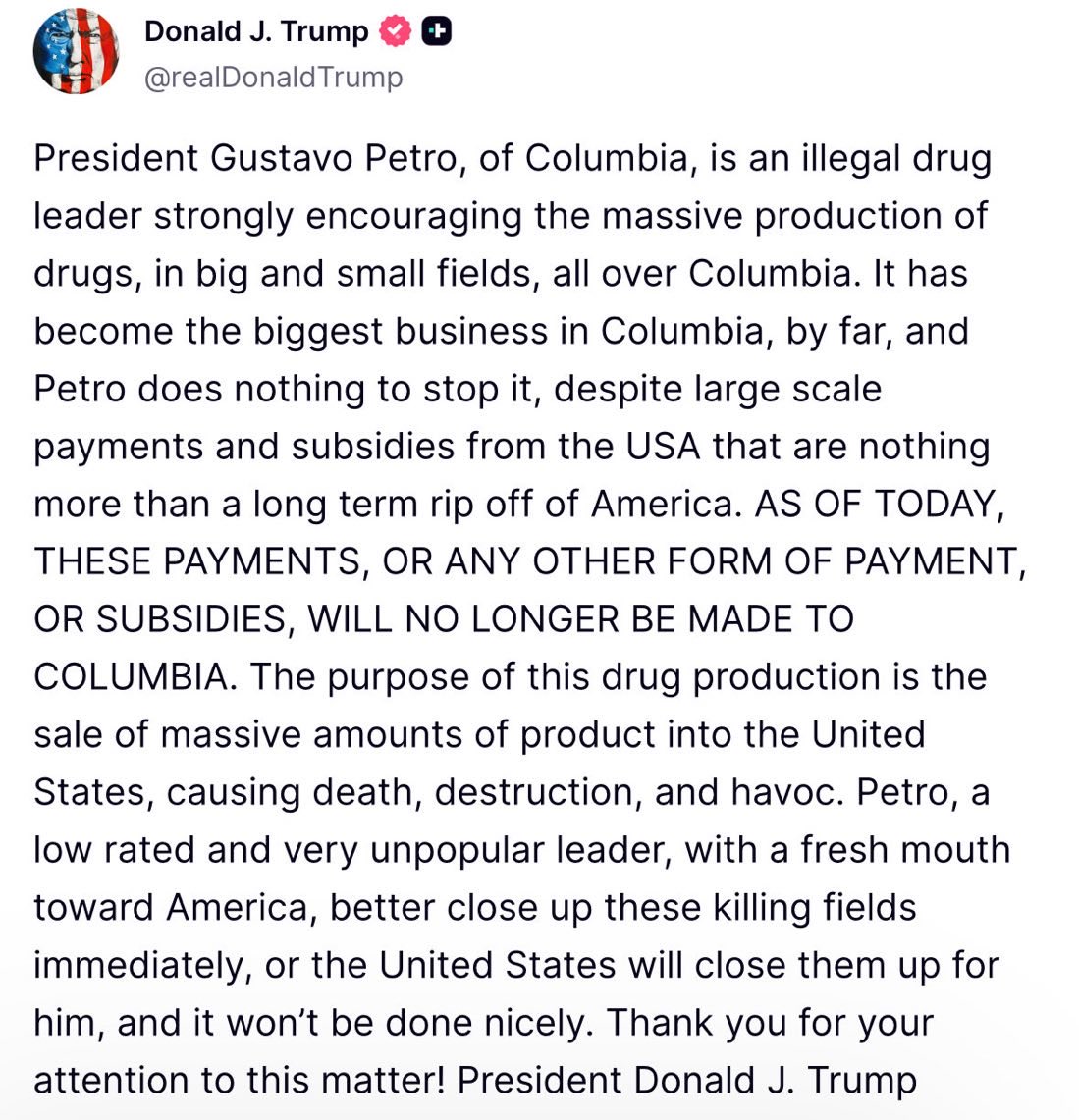Copyright The Oregonian

A federal appellate court , in a split 2 to 1 vote, on Monday allowed President Donald Trump to maintain federal control over the Oregon National Guard and deploy troops until the case is fully litigated in court. The two Trump-nominated judges, Circuit Judges Bridget S. Bade and Ryan D. Nelson, ruled for the majority, with Senior Circuit Judge Susan P. Graber, nominated by former President Bill Clinton, dissenting. The majority found that President Donald Trump is due significant deference and found that his decision to mobilize only 200 Guard members for 60 days to Portland was a “measured response.” Bade and Nelson said Oregon U.S. District Judge Karin J. Immergut adopted an incorrect definition of “rebellion,” which was part of the government’s justification for calling in troops, and should have relied instead on historical tradition. “Under that tradition, Founding Era Presidents used federal militias to quell domestic disturbances in cases the district court’s definition would render impermissible,” the majority wrote. Graber wrote a lengthy dissent. She reiterated Immergut’s finding that the federal statute is clear - that the president must be unable “at the present moment” to execute federal laws under federal law before mobilizing state National Guard troops under federal control. She said no assessment of the facts on the ground in Portland nor the law “can justify a conclusion that an emergency existed,” when Trump authorized troops be placed under federal control in Portland. The decision followed about 70 minutes of argument on Oct. 10 in which Nelson said he was perplexed that the city and district judge would have more knowledge on the challenges federal officers in the building face than the federal government and president. Bade said it appeared that Immergut penalized the president for “using the National Guard as a last resort rather than as a first resort.” The U.S. Immigration and Customs Enforcement building, situated in a South Portland residential and business district, was the scene of several large and tumultuous protests over the administration’s immigration crackdown in June and early July. Over the next two months, there were sporadic arrests. Then, people wearing inflatable costumes of frogs and other animals protested outside, largely peacefully, dancing to music, and an emergency Naked Bike Ride passed by in support of earlier this month. But the night following the large “No Kings” on Oct. 18, federal officers fired canisters of tear gas and pepper balls into a larger crowd. On Oct. 15, Immergut extended for two more weeks her two separate temporary restraining orders that bar the Oregon National Guard - or any National Guard - from deploying to Portland, as she set an expedited three-day trial for Oct. 29 on the underlying lawsuit filed by Oregon and the city of Portland against Trump’s deployment of National Guard troops. The state of California later joined in an amended suit. The temporary orders have now been extended to Nov. 1, involving the Oregon National Guard, and Nov. 2, all National Guard deployments to Oregon. Michael J. Gerardi, a senior counsel in the U.S. Justice Department, signaled last week that he would ask Immergut to dissolve both restraining orders if the 9th Circuit ruled in the federal government’s favor. Immergut directed him to file a motion within 48 hours of the 9th Circuit ruling and gave the state and city 24 hours to respond to such a motion by the federal government. The state of Oregon also could attempt to request a review of the three-judge panel’s decision by 11 members of the 9th Circuit selected randomly, but would have to convince the majority of the 29 active judges on the court that such a so-called en banc review was warranted. The state’s lawyers would have to convince the court that the three-judge panel was wrong, show there’s a split among federal circuits or that this is an issue of exceptional importance that warrants the second review, legal observers said. If that request is denied, the state could push to convince Immergut to leave her second broader temporary restraining order in place, regardless of the 9th Circuit’s decision.



